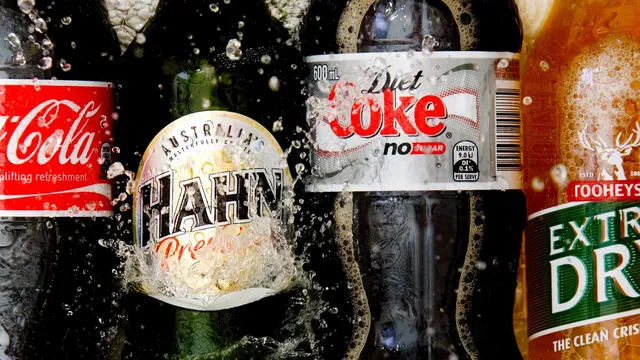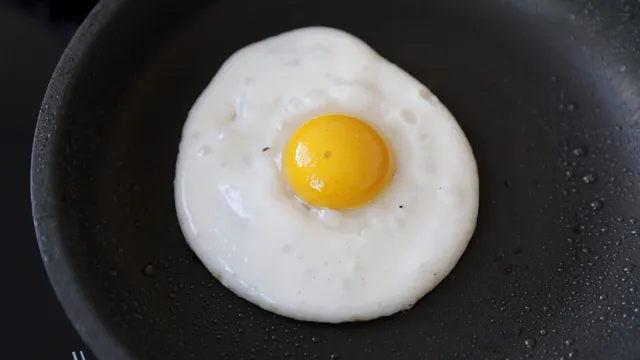It may have zero calories and no added sugar, but according to experts, diet soda is generally not considered a healthy drink.
Previous studies have linked diet soda in general to increased metabolic and cardiovascular risks, among other health effects.
“Research shows that drinking two or more artificially sweetened beverages a day may increase the risk of heart disease and stroke,” Michelle Rutenstein, a registered dietitian in New York specializing in heart disease, told Fox News.
“Another study shows that just one diet soda increases the risk of atrial fibrillation, an irregular heartbeat that increases the risk of vascular diseases such as stroke,” the expert explained.
Some studies suggest that this may be due to the way artificial sweeteners are processed in the body and the metabolites they produce. Other studies suggest that diet soda may negatively alter the balance of gut bacteria, which plays a role in chronic disease, Rutenstein said.
“Many of my clients who have given up diet soda say they never realized how addictive it could be,” she said.
Tanya Fryrich, a registered dietitian in Charlotte, North Carolina, noted that diet soda contains artificial sweeteners that have been linked to weight gain and an increased risk of type 2 diabetes and heart disease.
“Aspartame, the artificial sweetener in diet soda, has been declared a probable carcinogen by the World Health Organization and may negatively affect our gut microbiome,” she said.
However, many industry experts, including the US Food and Drug Administration, say that aspartame is still safe for consumption.
Healthier alternatives to diet soda
Rutenstein recommends replacing diet soda with healthier alternatives.
“While it may be difficult to find an exact alternative that matches the taste, fizz, and mouthfeel, there are other healthier alternatives to consider,” she said.
One of the expert's suggestions is low-sugar kombucha. This is a fermented tea that offers benefits for the gut.
Freyrich reiterated the benefits of kombucha as a source of probiotics, which are beneficial for gut health.
“You can add a squeeze of lime or lemon to sparkling water to add vitamin C for immune and heart health,” Rutenstein said.
Another option is sparkling green tea, which is a carbonated beverage that also provides anti-inflammatory benefits.
For those who prefer “bubbly” drinks, Fryrich also recommends choosing unflavored seltzer water or lightly sweetened sparkling beverages.
"If you're interested in the caffeine in diet soda, I recommend replacing it with lightly sweetened tea or coffee. They are a great source of natural antioxidants and some caffeine. Green tea in particular is extremely anti-inflammatory," she said.
However, the best option of all is plain water, experts agree.
“Many of us would benefit from drinking a little more water throughout the day. Hydration is important for energy, good digestion, and the health of our hair, skin, and nails,” Fryrich emphasized. | BGNES

 Breaking news
Breaking news
 Europe
Europe
 Bulgaria
Bulgaria







